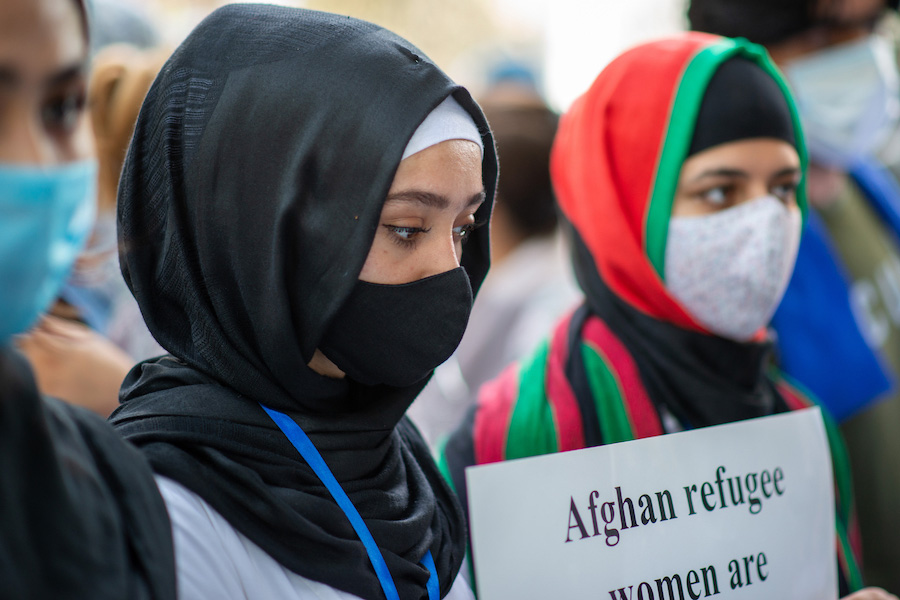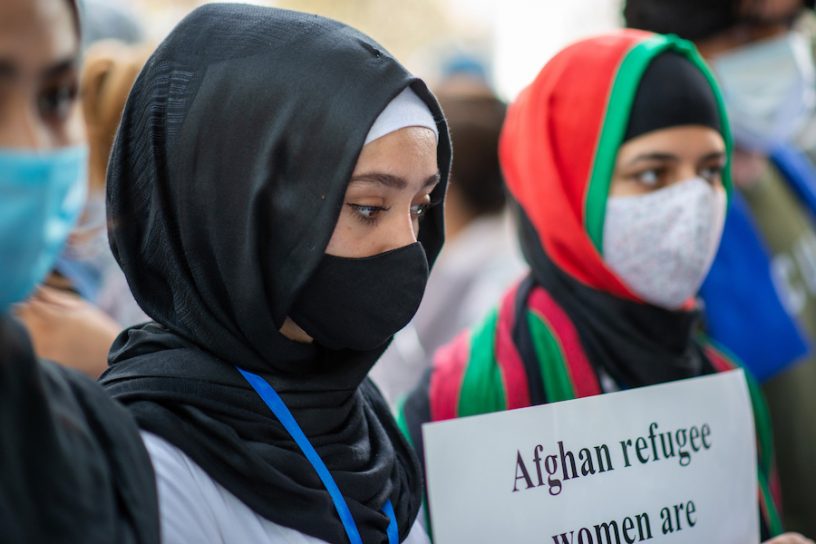
This chapter details the profound impact that conflict-induced displacement has had on women in a deeply patriarchal society such as Afghanistan.
Author
Bilquees Daud, Assistant Professor, Jindal School of International Affairs, O.P. Jindal Global University, Sonipat, Haryana, India.
Summary
Women constitute nearly half of the global refugee population and are regarded as the fundamental building block of the family, the most central social institution in Afghanistan. Prolonged armed conflict in Afghanistan and the accompanying struggle for ideological supremacy has induced changes in the everyday lived experiences of Afghan women over the last four decades.
Conflict-induced displacement has lent different nuances to the refugee experiences of Afghan women. This chapter will etch out the profound impact that conflict-induced displacement has had on women in a deeply patriarchal society such as Afghanistan. It will begin by engaging with the socio–cultural and political context in which issues of Afghan women need to be situated.
The following section of the chapter will lay out the broad patterns of conflict-induced refugee movements from Afghanistan to India over the last four decades with a specific focus on the period since the mid-2000s.
The attempt will be to bring into the conversation on gendered refugee experiences, narratives of Afghan women refugees in India. Voices from the Afghan refugee community will be used to draw attention towards specific issues that underscore the refugee experience of Afghan women in India from a gendered perspective.
In doing so, the attempt would be to juxtapose women’s narratives with official policy disposition on women refugees and provide refugee women with an agency towards shaping their narratives.
Published in: The Routledge Handbook of Refugees in India. Routledge, Oxon, pp. 717-731.
To read the full book chapter, please click here.


